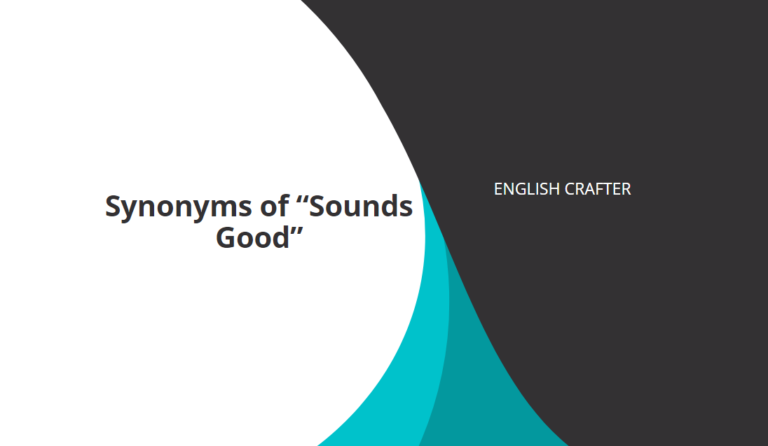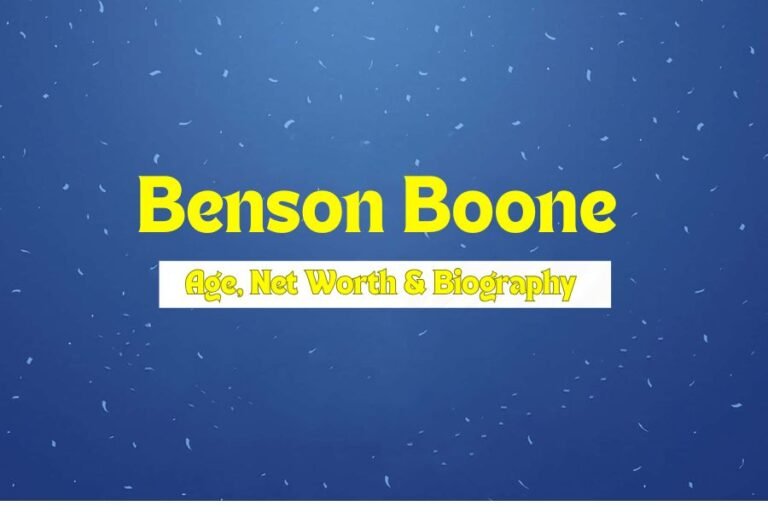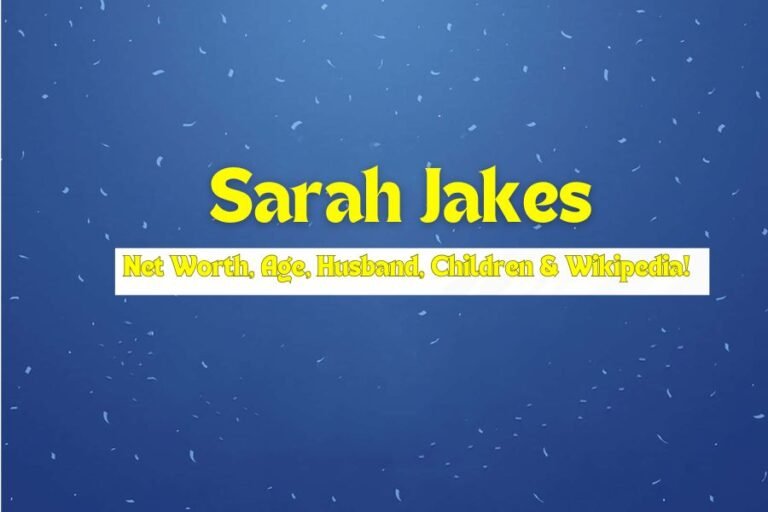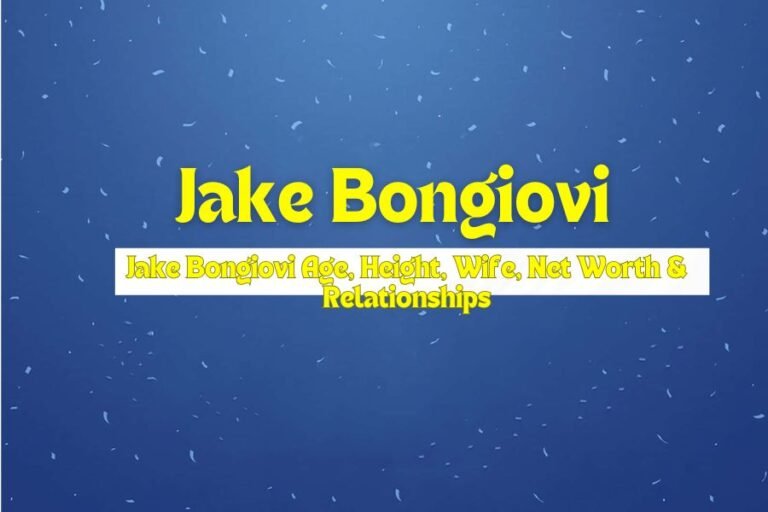Other Ways to Say “Good Job”
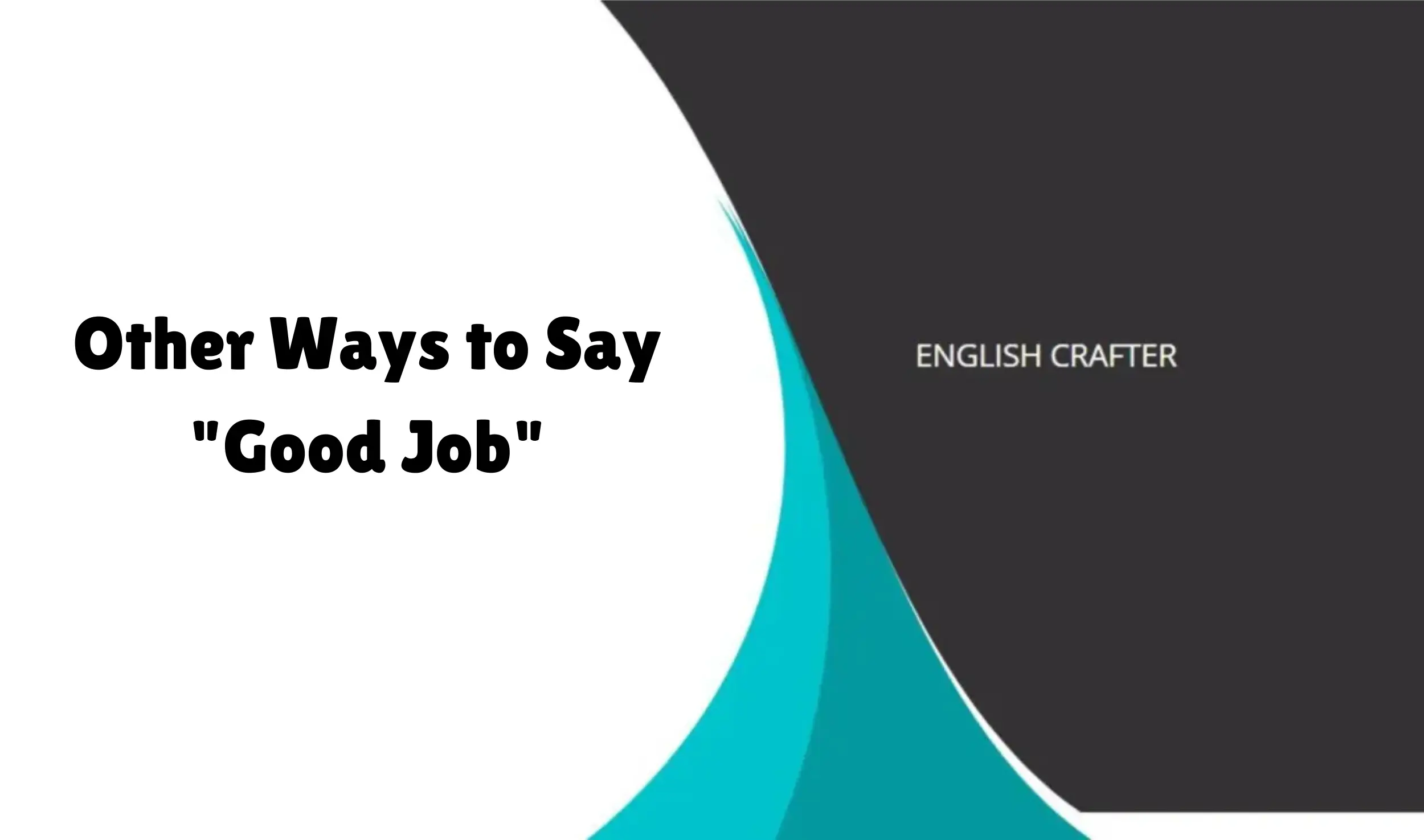
Admitting an individual’s effort or success is a simple but powerful way to build confidence, foster motivation, and strengthen relationships. Whether in the workplace, at school, or in everyday life, recognizing achievements communicates that their hard work is valued. While the phrase “Good job!” is a classic go-to, using it repeatedly can make the sentiment feel routine or impersonal.
Exploring alternative ways to express praise allows you to be more specific and impactful. A well-chosen compliment brightens someone’s day and shows that you honestly notice and appreciate their unique contributions. You can inspire even greater excellence and deepen connections by tailoring your words to the individual or situation. This guide will explore creative, professional, and fun ways to say “Good job!” that suit different contexts and personalities.
Categories of Alternative Phrases
When expressing praise, choosing the right words can make a significant difference. How you convey appreciation can vary depending on the tone, context, or the individual you’re addressing. Here are some categories of alternative phrases that offer a wide range of ways to say “Good job” creatively and specifically.
1. General Praise
These are versatile phrases suitable for almost any situation. They convey positivity and appreciation without requiring much elaboration.
“Well done!”
“Great work!”
“Fantastic effort!”
“Awesome job!”
“Bravo!”
2. Personalized and Specific Praise
Specific compliments resonate more deeply because they show attention to detail. Acknowledging what was done well highlights the effort behind the accomplishment.
“You’ve really outdone yourself this time.”
“Your hard work on [specific task] really stands out.”
“This solution is brilliant; I can see the thought you put into it.”
“Your persistence truly paid off—well done!”
“This is exactly what we needed—thank you for going above and beyond.”
3. Casual and Informal Expressions
In more relaxed settings, such as among friends or peers, casual praise can make acknowledgment feel approachable and friendly.
“Nice one!”
“Way to go!”
“Kudos to you!”
“You crushed it!”
“Sweet job!”
4. Encouraging and Motivational Phrases
These phrases blend praise with encouragement, making them ideal for situations where someone is still learning or growing.
“Keep it up!”
“You’re on fire!”
“You’re making amazing progress.”
“This is just the beginning—great things are ahead.”
“You’ve got this down to a science.”
5. Professional and Formal Recognition
In professional or formal settings, praise must be more polished and structured. These phrases highlight professionalism and expertise.
“Your contribution has been invaluable.”
“Excellent execution on this project.”
“Your work demonstrates true expertise and dedication.”
“This report is outstanding—thank you for your thoroughness.”
“Your leadership on this task has been exemplary.”
Read More Patient’s or Patients’ or Patients?
6. Fun and Creative Compliments
Adding a bit of flair or humor to your praise can make it memorable and enjoyable. These phrases often stand out in less formal interactions.
“You’re a rockstar!”
“You’ve hit it out of the park!”
“You’re a wizard at this!”
“You’ve got the Midas touch!”
“Legendary work!”
Context-Specific Alternatives
Tailoring praise to specific situations makes it more meaningful and relevant. Whether in a professional setting, cheering someone on in sports, or supporting academic growth, context-specific phrases show that you’ve paid attention to their unique efforts and achievements.
1. Workplace Settings
“Your leadership on this project was outstanding—it made a big difference to the team.”
“You really brought your A-game in this presentation. It was both clear and compelling.”
“Your attention to detail is second to none—this is an exceptional piece of work.”
“Great teamwork! Your collaboration helped the entire team succeed.”
“The creative approach you brought to solving this challenge is inspiring.”
2. Academic and Educational Settings
“You’ve made incredible progress in your studies—keep it up!”
“Your essay was well-researched and beautifully written. Fantastic job!”
“You aced that exam! All your hard work and preparation really paid off.”
“Your science project was so innovative—it stood out to everyone.”
“You’ve shown great perseverance and improvement. I’m really proud of you.”
3. Sports and Performance
“Amazing play out there—you gave it your all!”
“You’re a natural leader on the field—your energy uplifts the entire team.”
“That was a stellar performance—you owned the stage!”
“Your technique was flawless, and your determination shone through.”
“You’ve got the heart of a champion—keep pushing forward!”
4. Creative and Artistic Contexts
“Your design work is simply stunning—your creativity knows no bounds.”
“This piece of art is truly captivating—it tells a powerful story.”
“Your performance was so moving—it left everyone speechless.”
“Your ability to capture emotion in your writing is remarkable.”
“This composition is brilliant—your musicality is exceptional.”
Non-Verbal Ways to Say “Good Job”
Words are powerful, but non-verbal gestures and actions can be just as effective—or even more so—when expressing appreciation. Here are some non-verbal ways to show someone they’ve done a great job:
1. Applause
A universal way to celebrate achievements, especially in group settings.
2. Thumbs-Up
A quick and informal gesture of approval.
3. Smiles and Nods
A warm smile combined with a nod conveys silent but powerful acknowledgment.
4. High-Fives
Energetic and celebratory, perfect for sports or casual settings.
5. Handwritten Notes or Cards
It is a thoughtful way to express appreciation without speaking.
6. Certificates or Awards
Tangible reminders of someone’s achievement.
7. Small Gifts or Tokens
Personal and thoughtful ways to show recognition.
Tips for Giving Effective Praise
1. Be Genuine
Speak from the heart and avoid over-praising.
2. Be Specific
Highlight exactly what they did well.
3. Focus on Effort and Growth
Encourage a growth mindset by praising persistence.
4. Use the Right Timing
Recognize achievements as soon as possible.
5. Tailor the Praise to the Individual
Adjust your tone and style based on the recipient.
FAQ
Q: What is another way to say good job?
A: Nice work, great effort, or fantastic performance.
Q: How do you say “job well done”?
A: Excellent effort, outstanding work, or kudos to you.
Q: What is slang for doing a good job?
A: Nailed it, crushed it, or killed it.
Q: What to say instead of well done?
A: Bravo, hats off, or way to go.
Q: What is a fancy word for good?
A: Exemplary, commendable, or superb.
Conclusion
Praising others is more than acknowledging their success—it’s a way to build confidence, strengthen relationships, and inspire continued growth. You create moments of meaningful connection by tailoring praise to specific contexts, using non-verbal gestures, and delivering it with genuine thoughtfulness. Effective praise uplifts the individual and fosters a positive and supportive environment. Master the art of recognition, and you’ll help others feel genuinely valued.


